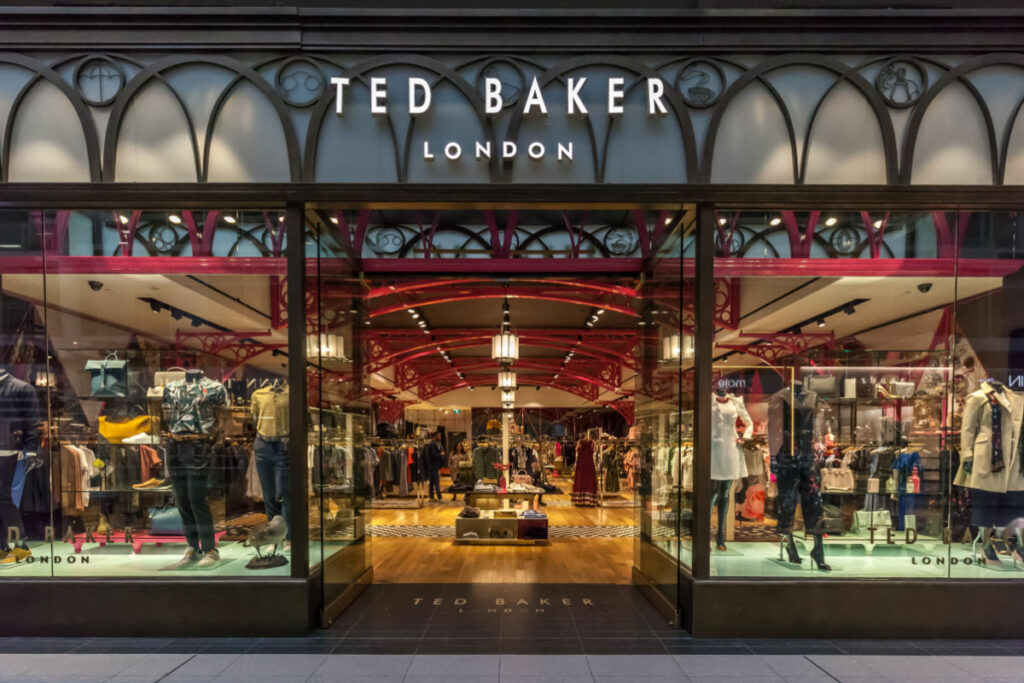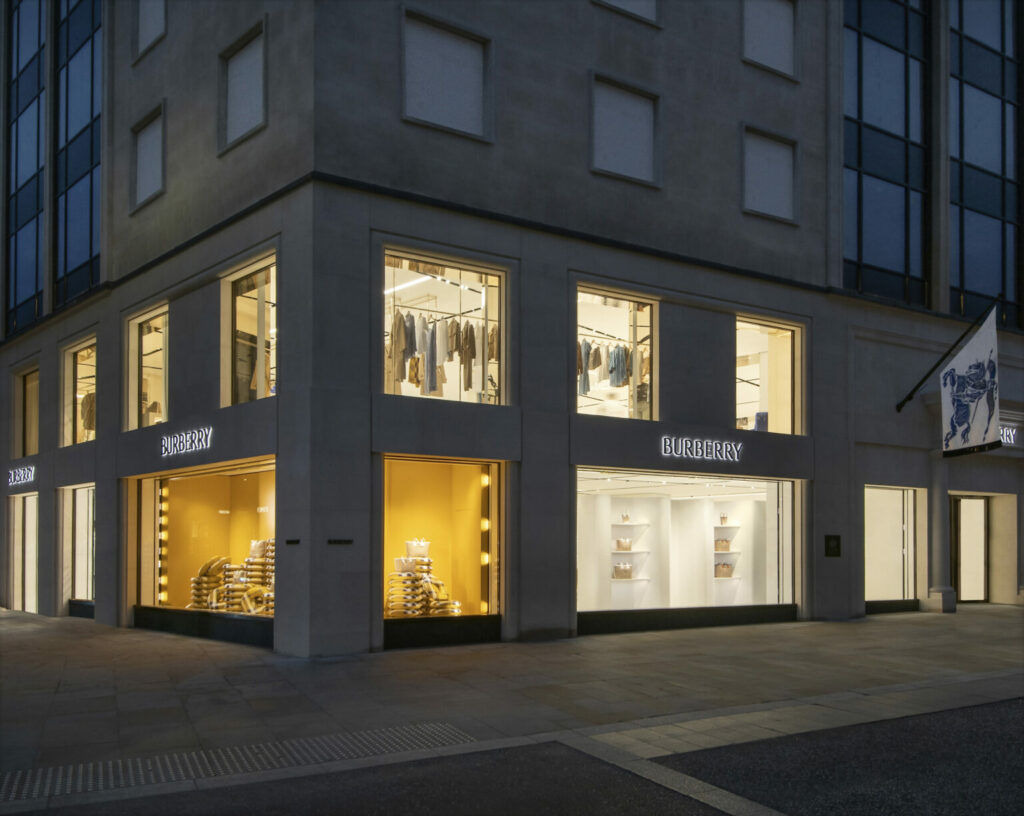The spike in Covid-19 cases prompting the local lockdown in Leicester has been linked to garment factories in and around the city, raising issues around worker rights and working conditions.
In particular, it has been alleged that workers in a factory supplying Boohoo are paid as little as £3.50 per hour and experience poor working conditions in which social distancing measures are absent.
Fellow fast fashion retailer Quiz has also been embroiled in similar allegations, a move that saw it suspend its Leicester supplier just this morning.
READ MORE:
- Quiz suspends Leicester supplier over living wage conditions
- Influential shareholder offloads £80m worth of shares in Boohoo
- Next & Asos drop Boohoo from websites after slavery allegations
These factories are part of the unseen, hidden garment supply chain in the UK and have reportedly continued to operate during the localised lockdown, flouting government rules.
Furthermore, the National Crime Agency has reportedly visited numerous factories in the area to assess concerns regarding modern slavery and human trafficking.
The case reminds us that modern slavery is a problem that is not confined to the developing world – it is happening right here in the UK and in other parts of the developed world.
That there are firms like this in the UK, hidden from the end consumer, remains a problem which has not been addressed by efforts to increase the transparency of supply chains.
“That there are firms like this in the UK, hidden from the end consumer, remains a problem”
Indeed, the case adds further weight to criticism that the UK’s modern slavery legislation does not go far enough in incentivising retailers to address issues in their supply chains, and it raises questions about what could be done differently.
Research has previously shown that many retailers have made token gesture-like responses to the legislation and some have failed to provide statements on their actions to address modern slavery in their supply chains.
We do not know for how long such a firm would have gone unnoticed if it were not for the effects of the deadly virus. Certainly, these hidden firms in the dark side of supply chains would not be forthcoming in searching out government projects like the furlough scheme – and the vulnerability of the workers in the factory and their dependence on their jobs mean that it is likely this would have gone on for a long time.
However, who is to blame for the conditions and the flouting of the lockdown? Research has shown that brands need to look at how their own practices contribute to the threat of modern slavery, even if it does not happen within the boundaries of their firm.
By charging low prices to consumers of fast fashion that changes all the time, including growing demand for loungewear clothing and a slump in demand for formal wear in response to the nation-wide lockdown, retailers put severe pressure on factories to produce at low cost and in quick time.
“By charging low prices to consumers… retailers put severe pressure on factories to produce at low cost”
It has also been reported that brands such as Asos and Next have now distanced themselves from Boohoo, reminding us of the implications of a firm’s operations and supply chain decisions on its reputation and brand value. But is walking away the answer, or should firms work together to tackle the problem collectively?
Recent research has shown us that retailers that are more familiar with competing with each other can work together to tackle the threat of modern slavery in their supply chains. This case appears to be evidence of well-known high street retailers cutting and running before they become associated with the factories themselves – all part of the same interconnected network of firms supplying the end consumer.
The complex, global nature of supply chains has been a running theme throughout the Covid-19 crisis. The pandemic has caused global disruption to supply chains including supply shortages due to factory closures and slumps in demand due to the consequences of humans staying at home. It has also led to huge spikes in demands for other products, most notably PPE.
In this case, a by-product may be that it has served to uncover an otherwise hidden issue. The challenge now is to ensure that this now becomes a positive catalyst for social change and that the “new normal” supply chain is one that consumers can be proud to buy from.
Mark Stevenson is Professor of Operations Management at Lancaster University Management School.
Click here to sign up to Retail Gazette‘s free daily email newsletter


















